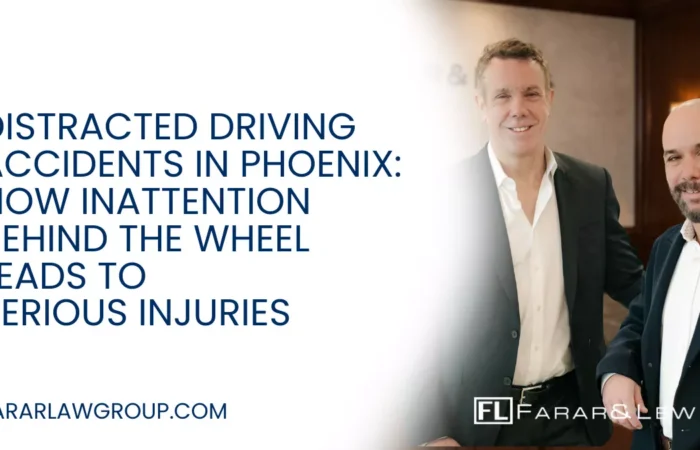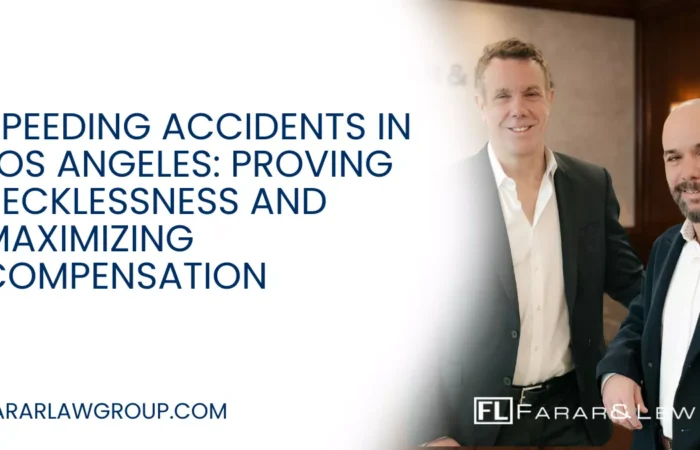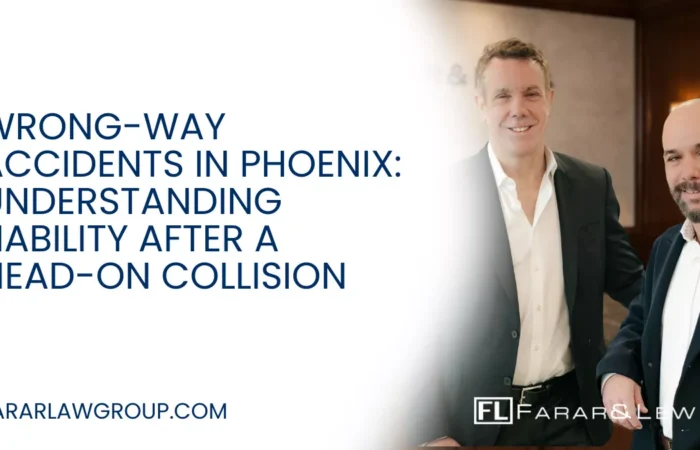If you’ve been involved in an accident with a person that doesn’t have insurance, what recourse you have is going to depend on what state you live in and what laws are in place. Here is a basic overview of what to do if you’ve been involved in an accident with a person who doesn’t have insurance, based on various state regulations.
At the scene of the accident
Depending on the severity of the accident, you may or may not even discover at the accident site itself whether the other driver is legitimately insured or not. If it is simply a fender bender and you merely exchange insurance information, they may have what appears to be a legitimate insurance card, which may later turn out to be lapsed. If it is a minor fender bender and they tell you they don’t have insurance, you will still want to call the police. When dealing with an uninsured driver, you want to be sure you have a police report if you have any hopes of making any kind of claim and recouping any of your losses.
If it is a more serious accident, you will most likely call the police anyway, in which case you will generally find out at that time if the other driver is in fact legitimately insured or not. The first thing you will want to do, of course, is to tend to any injuries or seek medical attention if necessary. If medical attention is not or does not seem to be necessary, then you can proceed from here.
Regardless of whether they have insurance or not, you will want to get the name and information of the reporting officer, a copy of the police report and take photos of the accident including any skid marks, damage to the vehicle or other damage caused by the accident. Make sure you also get legitimate contact information from the other person, as well as contact information from any witnesses. The police will most likely ask for this information as well, but you want to be sure you have it for yourself.
At this point, you can also contact your own insurance company. What they are or are not able to do will depend a great deal on your own coverage. If you have uninsured/ underinsured motorist coverage, there is a great deal they can do, particularly if you need medical attention. If you do not have uninsured/ underinsured coverage and you need medical attention, then your medical insurance should cover it, but you may need to pay your own deductible.
Of course, all of this is dependent on whether or not you live in a tradition tort “at fault” state or a “no fault” state. If you live in a no-fault state, then none of this matters as each individual’s insurance is responsible for covering that individual. So your insurance would cover you and the other person is responsible for themselves. In this case, it doesn’t matter whether the other person has insurance or not, because it would not be their insurance taking care of you in case of an accident anyway.
Following the accident
Following the accident, you have a few options. If you don’t have uninsured/ underinsured motorist coverage, you can still sometimes file a claim with your own insurance company. If you do, however, you should be prepared for your rates to go up. You can also seek out an attorney and attempt to sue the at-fault driver. The reality is, however, that if they don’t have insurance, there is a good chance they don’t have many assets you can sue them for either. This is not always the case, however, so your best bet when you’ve been involved in an accident involving an uninsured driver is to seek out an attorney. Even if you can’t sue the at-fault driver or it would not be worthwhile to do so, a good accident attorney can still walk you through the process of negotiating with insurance companies and possibly get you a better settlement than you might be able to get on your own.


